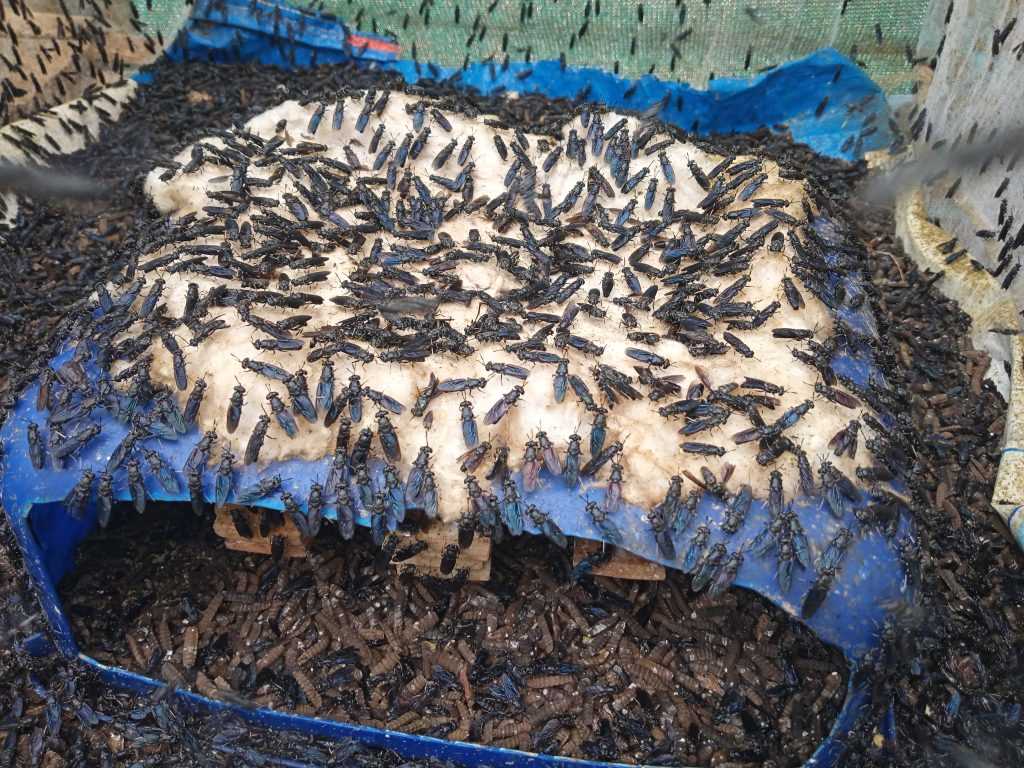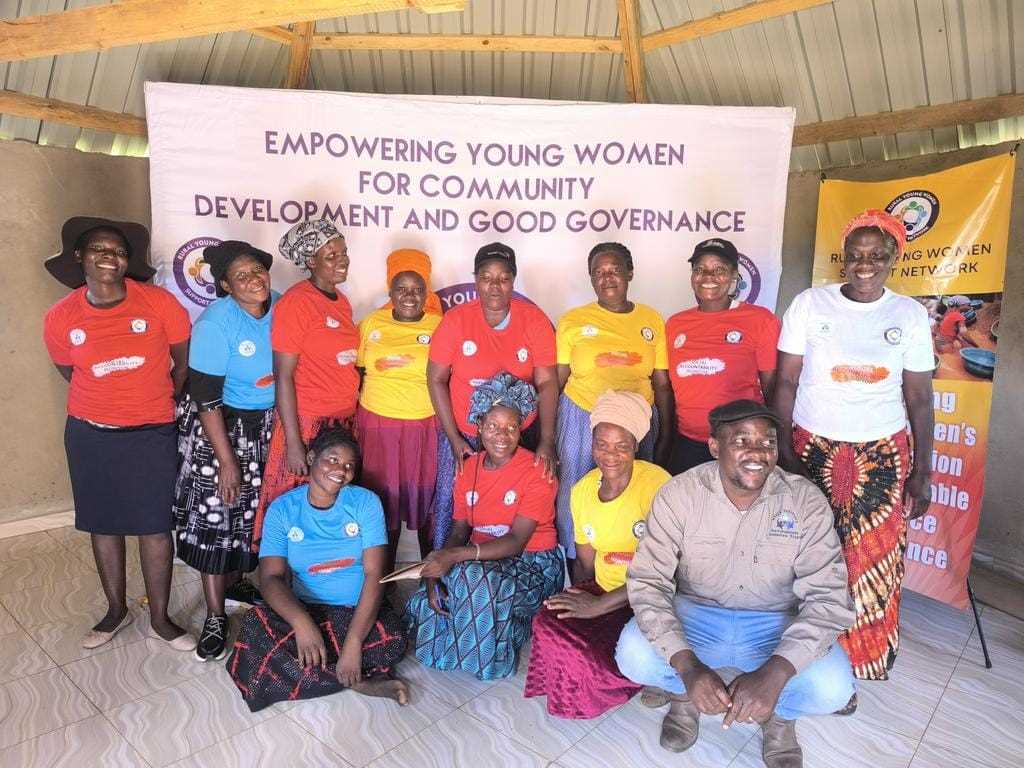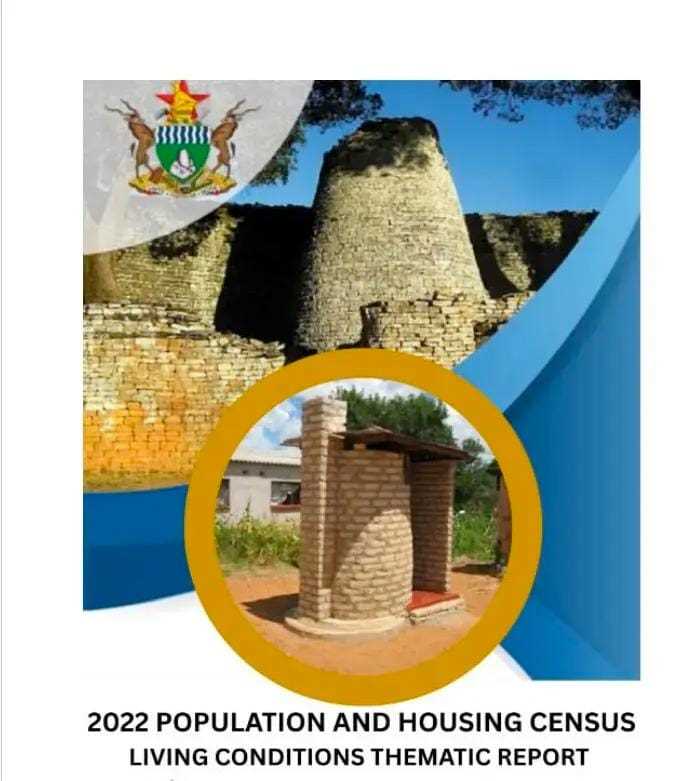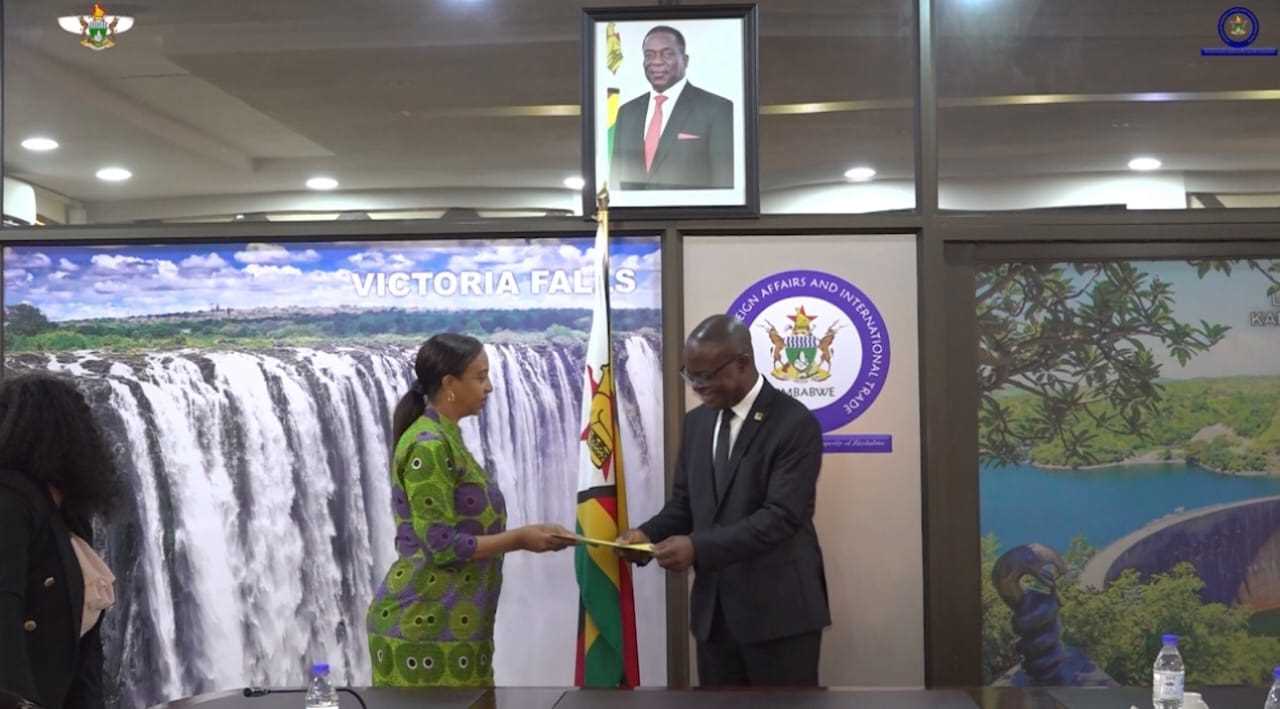
Rutendo Mazhindu- Zim Now Reporter
Zimbabwe has unveiled the results of a groundbreaking study on the use of Black Soldier Fly feed in aquaculture—a development expected to significantly lower fish feed costs and promote sustainable farming practices.
The dissemination seminar, held at the Chinhoyi University of Technology, brought together researchers, government officials, and international partners to share findings from the study, which was conducted under the FISH4ACP project.
The initiative is supported by the Food and Agriculture Organization of the United Nations the Government of Zimbabwe, and CUT.
The study explored BSF as a low-cost, locally available alternative to imported fish feed for tilapia farming.
Trials conducted at Aden Farm in Karoi and at CUT’s aquaculture facilities showed that BSF feed could reduce feed costs by up to 40% while maintaining comparable fish growth rates.
“This Black Soldier Fly trial demonstrates the power of research and innovation in unlocking sustainable solutions for aquaculture,” said FAO Subregional Coordinator for Southern Africa and FAO Representative in Zimbabwe, Patrice Talla.
“The results offer a viable path toward reducing reliance on expensive imported feed and empowering local farmers to thrive.”
Related Stories
The research also developed a complete diet formula for farmed tilapia using BSF, maize meal, and soya, with the innovative “sadza pot” style feed showing particularly promising results.
EU Delegation Programme Manager for Agriculture, Environment, Private Sector and Trade, Sara Piccoli, said the EU is proud to support initiatives that foster inclusive growth.
“The Black Soldier Fly project exemplifies the kind of innovative solutions that can transform industries and contribute to food security,” she said.
Professor Robert Musindire, CUT’s BSF Project Coordinator, said the university’s work focuses on producing solutions that address global challenges.
“Our Black Soldier Fly study has generated valuable insights that can benefit the aquaculture sector and promote sustainable farming practices,” he said. “We are excited to share these findings with the wider community.”
Milton Makumbe, Director of the Fisheries and Aquaculture Resources Department in the Ministry of Lands, Agriculture, Fisheries, Water and Rural Development, said the government is fully behind the project.
“We recognize the importance of sustainable aquaculture in achieving food security and economic development goals,” he said.
“We welcome the results of the trial and are committed to supporting the adoption of this technology to benefit our farmers and the nation.”
The seminar also highlighted the environmental benefits of BSF production, including its low carbon footprint and the use of frass as an organic fertilizer—further reinforcing its potential to reshape Zimbabwe’s aquaculture value chain.



















Leave Comments